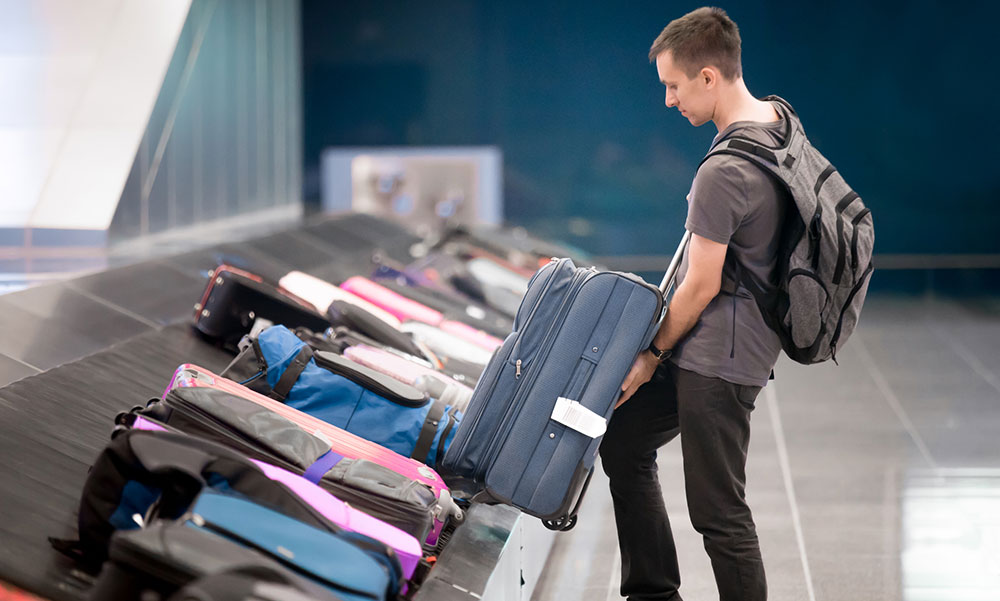
Airline Industry Ramps Up RFID-Based Baggage Tracking
By next June, members of the International Air Transport Association will be required to use radio-frequency identification tags to track the current position of a bag. The technology is expected to cut down on lost-luggage incidents and save airlines money.
Among the many annoying things about flying, perhaps the most frustrating is lost luggage.
Industry groups realize this, and they’re taking steps to ensure it happens as little as possible—and adding technology to improve airlines’ ability to track a lost bag.
The International Air Transport Association (IATA) is working on helping its members implement Resolution 753, a new industry regulation that will require checked baggage to be tracked using radio-frequency identification (RFID) technology. The resolution, which the global group formulated with Airlines for America in 2013, will be fully implemented by June 2018.
“Resolution 753 provides a foundation for the industry to track bags throughout the global network,” David Hosford, Delta’s manager of baggage performance, said in an August 2016 article in IATA’s Airlines International. “The information provided by 753 is crucial to further reducing mishandlings and improving the customer experience.”
The new requirement comes at a time when lost luggage incidents are far less common than they used to be: Last year, 5.73 bags per 1,000 passengers were lost on average, an all-time low. But according to research from the airline technology firm SITA and IATA, the new initiative could further reduce the number of mishandled bags by as much as 25 percent by 2022, potentially generating a cost savings of as much as $3 billion. RFID tags would add a modest cost per passenger—around 10 cents each—while saving airlines more than 20 cents each.
At least one airline is already fully compliant with Regulation 753—Qatar Airways has implemented a technology called “Track My Bags,” which allows passengers to use a website or mobile app to see the current position of their baggage throughout its journey.
When the technology is fully implemented, The Economist notes, it will be used by 83 percent of airlines globally, including most of the major U.S. carriers.
(fizkes/iStock/Getty Images Plus)






Comments